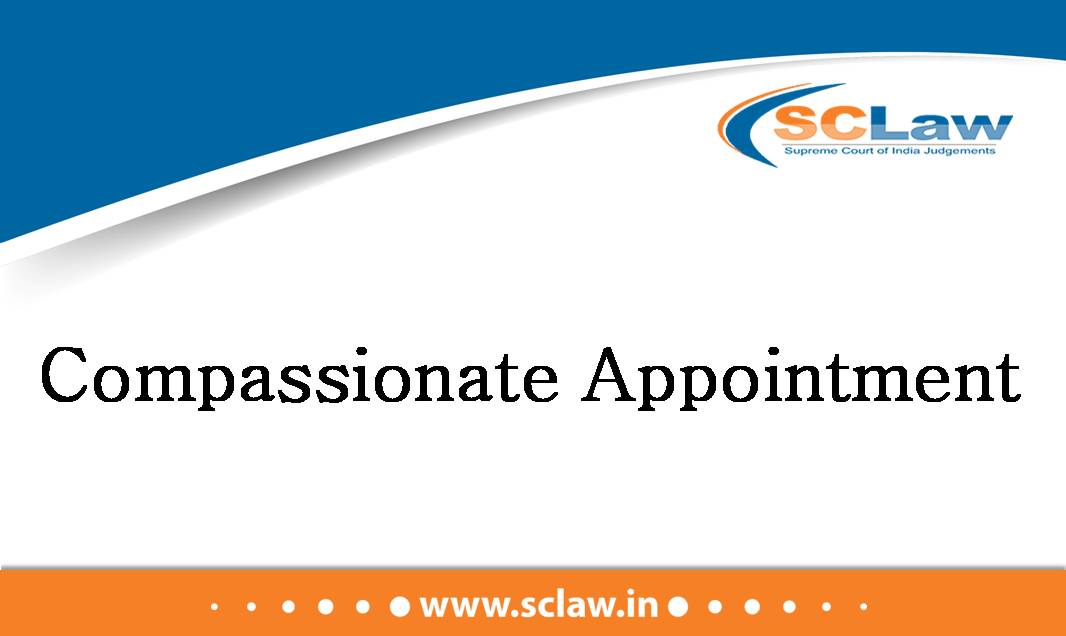Copyright Law–Dramatic work–Provisions of the Act make a distinction between the ‘literary work’ and ‘dramatic work’–Copyright in respect of performance of ‘dance’ would not come within the purview of the literary work but would come within the purview of the definition of ‘dramatic work’–Copyright Act, 1957, Section 2(h) and
2009(2) LAW HERALD (SC) 1000 IN THE SUPREME COURT OF INDIA Before The Hon’ble Mr. Justice S.B. Sinha The Hon’ble Mr. Justice Lokeshwar Singh Panta The Hon’ble Mr. Justice B.Sudershan…








